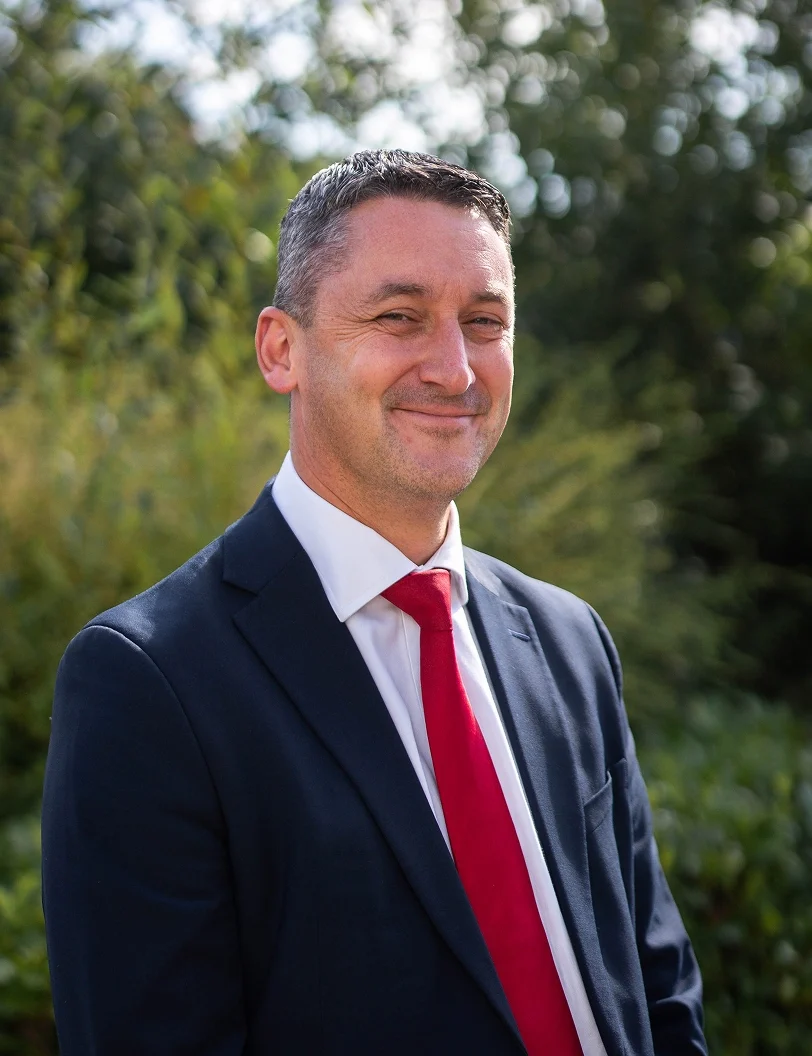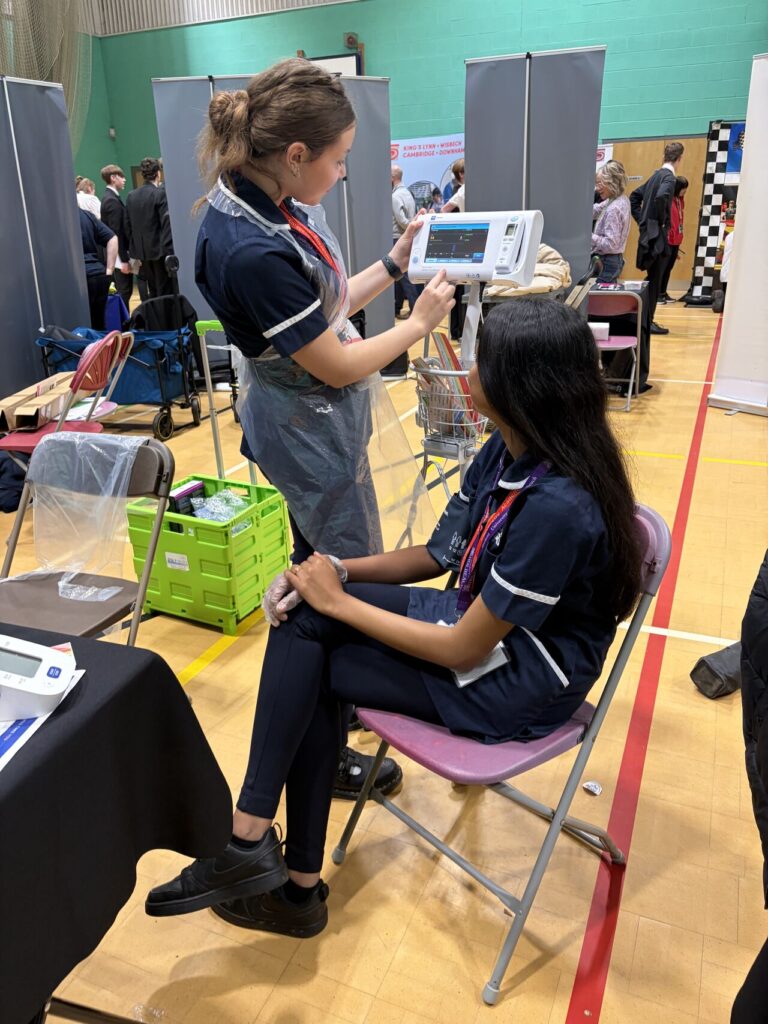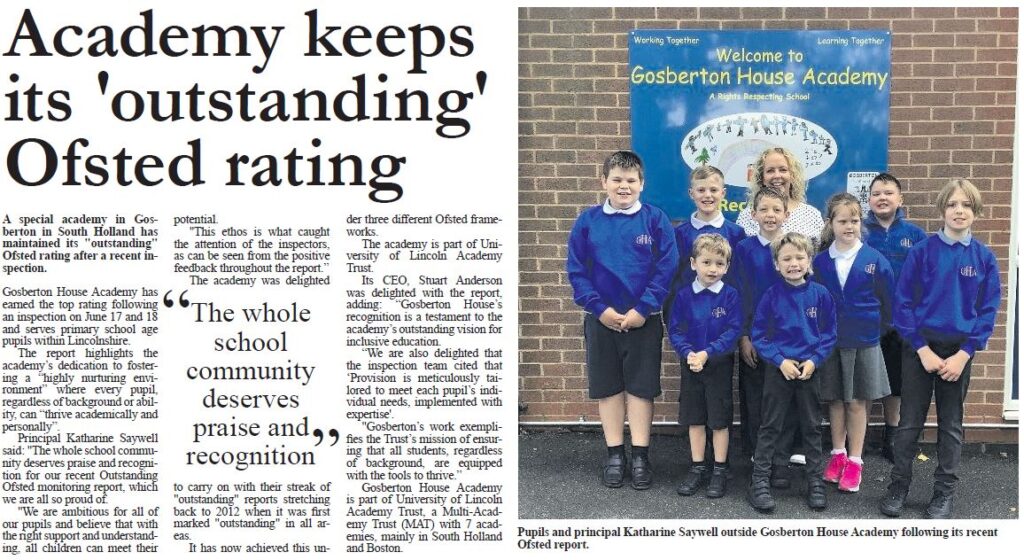
Improving life choices and transforming lives

AmbitionInclusionIntegrity
0
Academies
0
Pupils educated across our academies
0
Dedicated staff across our family
0
Apprentices being trained
Latest News
Discover what’s happening across our Trust as we share the latest news, highlights, and celebrations from our school communities.
Our Family of Schools
Our family of schools consists of seven schools located in South East Lincolnshire. All our schools share the same values and mission, to enhance the life choices of the pupils we are privileged to serve.

Gosberton House Academy
11 Westhorpe Road
Gosberton
Spalding
Lincolnshire
PE11 4EW
Tel: 01775 840250
Email: enquiries@gosberton-house.lincs.sch.uk
View our website

Holbeach Bank Academy
Roman Bank
Holbeach Bank
Spalding
PE12 8BX
Tel: 01406 423375
Email: enquiries@holbeachbankacademy.co.uk
View our website

Holbeach Primary Academy
Boston Road South
Holbeach
Spalding
PE12 7LZ
Tel: 01406 422397
Email: enquiries@holbeachprimaryacademy.co.uk
View our website

Monkshouse Primary Academy
Pennygate
Spalding
Lincolnshire
PE11 1LG
Tel: 01775 722006
Email: Enquiries@monkshouse.co.uk
View our website

University Academy Holbeach
Park Road
Holbeach
Spalding
Lincolnshire
PE12 7PU
Tel: 01406 423042
Email: enquiries@uah.org.uk
View our website

University Academy Long Sutton
84 Little London
Long Sutton
Spalding
Lincolnshire
PE12 9LF
Tel: 01406 362 120
Email: enquiries@uals.org.uk
View our website

Wrangle Primary Academy
Main Road
Wrangle
Boston
PE22 9AS
Tel: 01205 870509
Email: enquiries@wpacademy.uk
View our website





